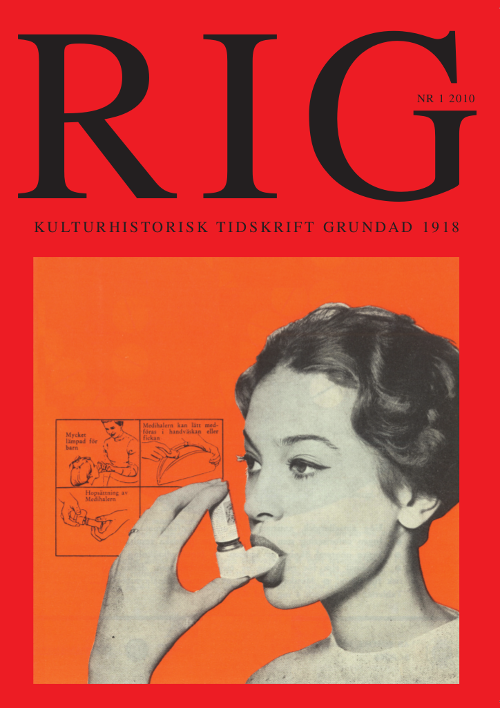Si si komplejni. Klapplekar och globalisering på 1980-talets svenska skolgårdar
Abstract
Si si komplejni. Clapping Games and Globalisation in Swedish Schoolyards in the 1980s
The article discusses aspects on children’s games. The opening overview concludes that while some old games, such as ball games, playing tag, swinging games etc., still are practiced in Swedish schoolyards in the 1980s, other have more or less disappeared, such as singing games. Among newer types of games the article discusses jumprope games, “twist”-jumping games, and, in greater detail, a new type of clapping games with funny words and exciting rhythms that swept over Sweden in the 80s. It is concluded that these games show Afro-American characteristics; that at least some of them can be traced to the 1950s; that they were introduced in the early 80s by girls aged between 8 and 13; and that they spread horizontally, from child to child, in institutional contexts, such as scout camps, riding camps, and schools. While to a certain degree the new clapping games are based on old formulas and structures, most of them were considered new and clearly different from traditional Swedish games of the 18th and early 19th century in Sweden. A reason for their fast spread and wide popularity is that they point towards the modern, urban and international, and specially Afro-American popular culture. It is argued that yet another reason for the popularity of the new clapping games are that they are specially well adapted to the growing demands on children’s use of body, space and time, that in the 70s and 80s became institutionalised in day-nurseries, schools etc. In conclusion, the author discusses clapping games as an example of globalisation in the schoolyards, where they, together with pop music and film, constituted not only a marked difference to older cultural forms, but also a symbol of thorough-going changes in the life-worlds of Swedish schoolchildren.

